Nicholas Kalavrezos
► Background & CV
► Current Positions
► Expertise
► Clinical Practice
► Links
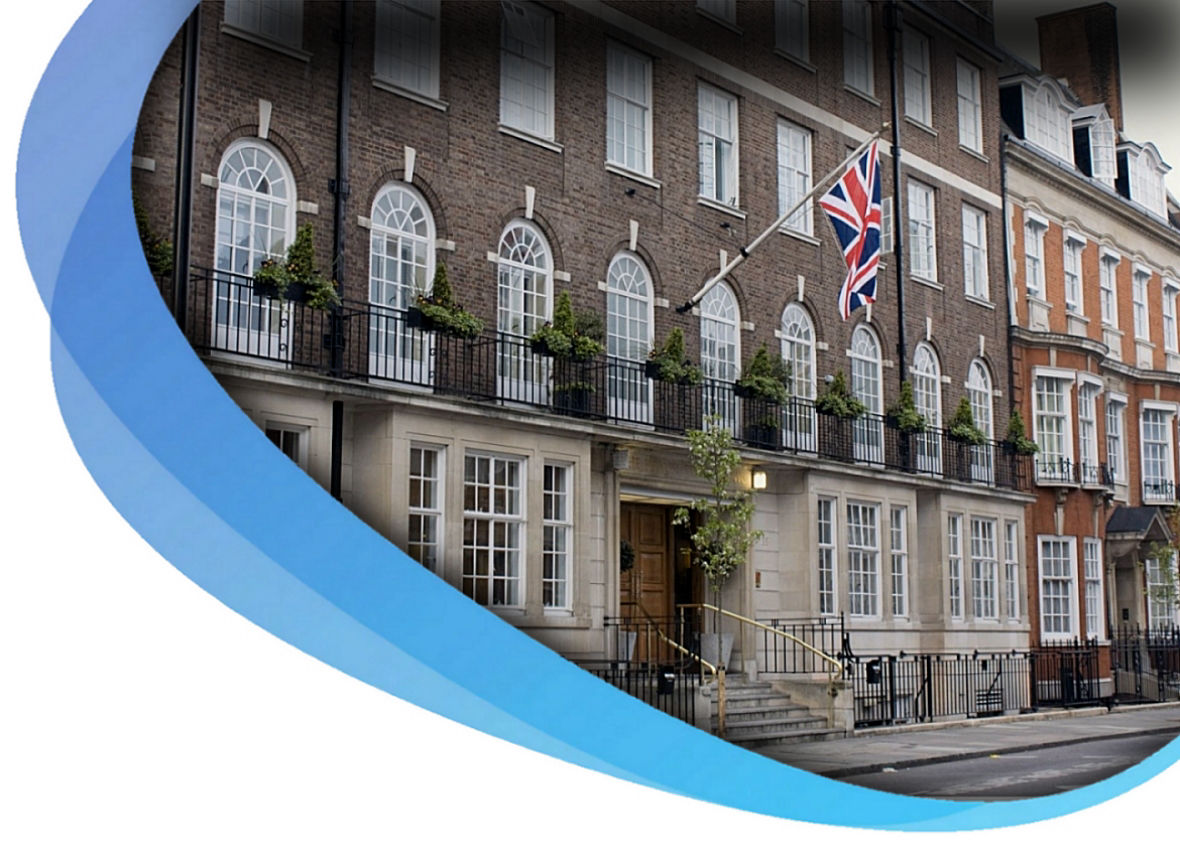
► Background & CV
► Current Positions
► Expertise
► Clinical Practice
► Links

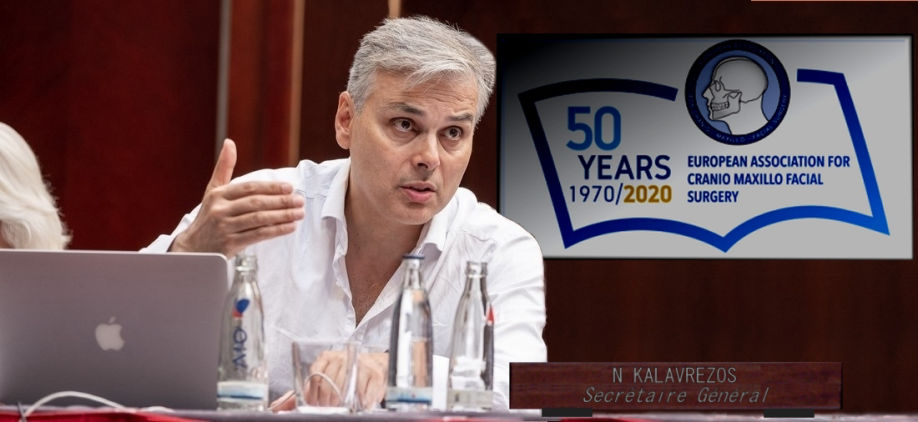
Nick Kalavrezos is Secretary General of the European Association for Cranio-Maxillofacial Surgery (EACMFS). He assumes the presidency in 2024.
 More than twenty years specialist experience has given Nick Kalavrezos an unparalleled understanding of the surgical anatomy and pathology of the mouth, face and neck. Since graduating from Zurich University Hospital in Switzerland in 1998, he has focused exclusively on reconstructive surgery of the head, face and neck, head and neck oncology (cancer), and microvascular surgery.
More than twenty years specialist experience has given Nick Kalavrezos an unparalleled understanding of the surgical anatomy and pathology of the mouth, face and neck. Since graduating from Zurich University Hospital in Switzerland in 1998, he has focused exclusively on reconstructive surgery of the head, face and neck, head and neck oncology (cancer), and microvascular surgery.
His early training was completed at the Craniomaxillofacial Surgery Department at the University Hospital of Zurich. On graduation (Dr Med) at the University of Zurich, he was appointed Senior Registrar in Maxillofacial Surgery at the same hospital with an emphasis on craniofacial trauma. After a four-year residential programme, he moved to the UK to complete his training, the emphasis there being on head and neck oncology (cancer) and microvascular surgery.
Further experience was gained in several UK centres including Liverpool, Mount Vernon, St Bartholomew’s and the Royal London Hospital where he took up the position of Locum Consultant & Senior Registrar in Maxillofacial Surgery.
In 2002 he joined University College London Hospitals NHS Foundation Trust and was appointed Consultant and Lead Clinician at The Head & Neck Centre.
His current qualifications are FRCS (OMFS) FFD MD ( GMC: 4468996)
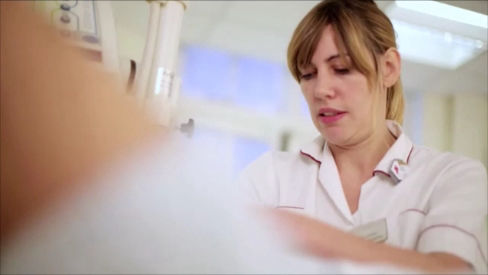
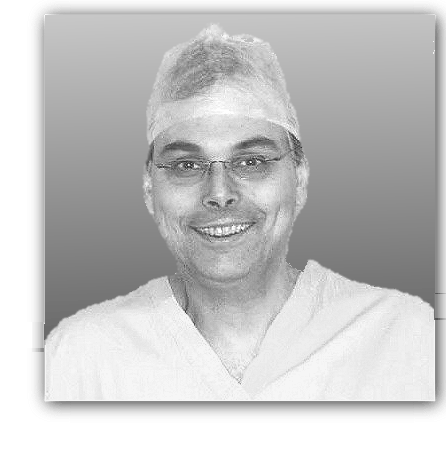 Thyroid, parotid, and benign diseases of the head and neck, microvascular reconstruction, salivary gland neoplasms and facial trauma surgery including skull base surgery.
Thyroid, parotid, and benign diseases of the head and neck, microvascular reconstruction, salivary gland neoplasms and facial trauma surgery including skull base surgery. All of the above are being impacted by developments in regenerative medicine and tissue engineering (Research Page)
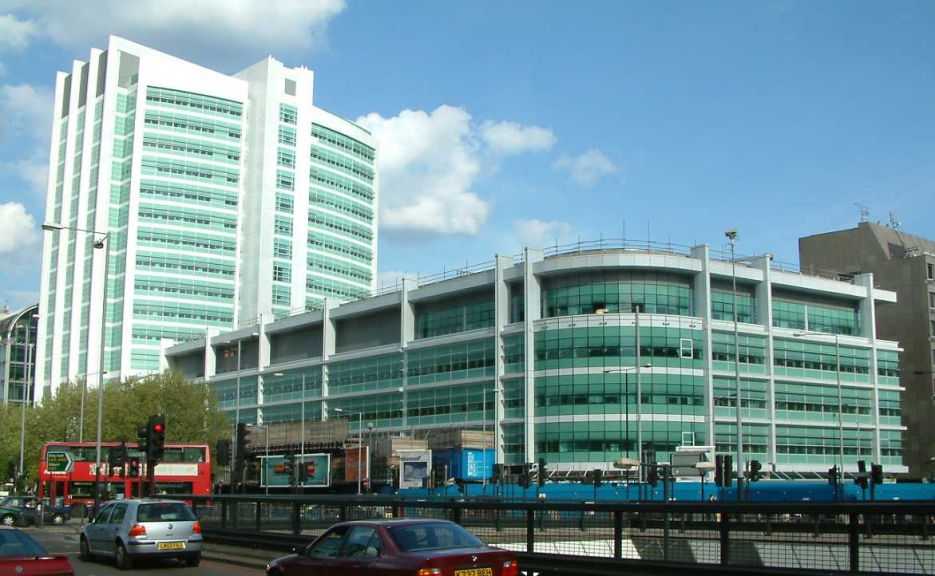

Nicholas Kalavrezos is Senior Surgeon in the Head and Neck Centre at University College London Hospital, (UCLH, above).
He is the Chair of the Head and Neck Team at The Harley Street Clinic and the Lead Head and Neck Sarcoma Surgeon for the London Sarcoma Service. He is a founding member of the Centre for Reconstructive Surgery at University College London where he also holds a Senior Lecturer post. He is an Honourary Consultant at Great Ormond Street, The Royal Free and Whittington Hospitals, Clinical Director at London Head and Neck and a member of the Face Transplant Group based at the Royal Free Hospital. He is the European representative for the International Association of Oral and Maxillofacial Surgeons and Patron of the charity 'Saving Faces', (the facial surgery research charity).
As Secretary General of the European Association for Cranio-Maxillofacial Surgery, (EACMFS) he has set up links with various centres in Europe to co-ordinate research and to organise international conferences on head and neck cancer and facial reconstruction. He is fluent in several European languages and lectures regularly nationally and internationally. He takes over the EACMFS presidency in 2024
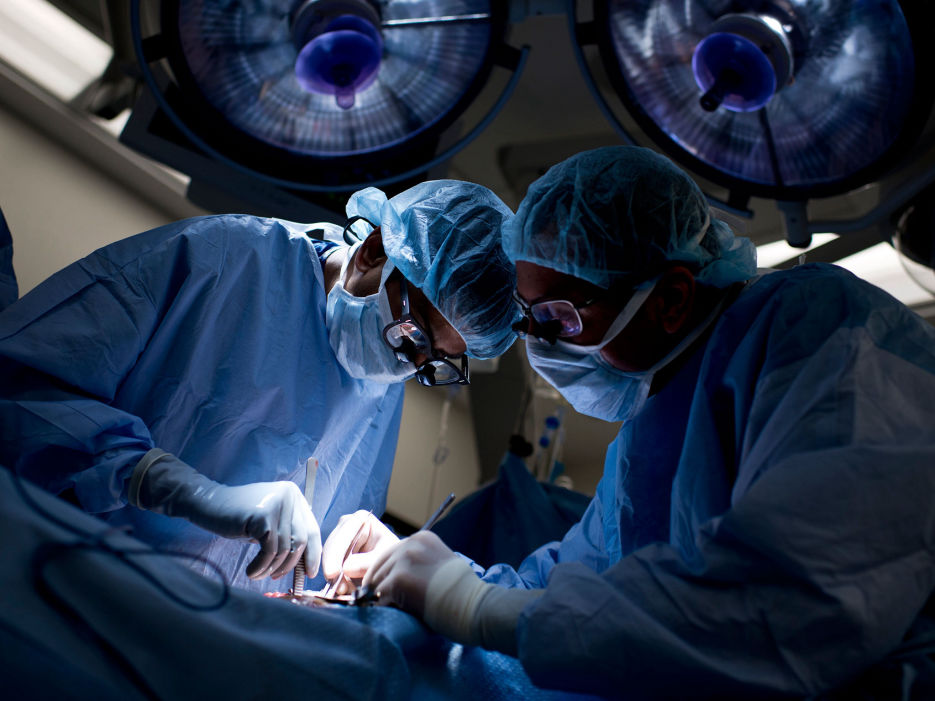



Refined surgery involves a 'scarless' approach to the surgical management of head and neck lumps and bumps.
Access to the face and neck should be limited to small incisions through facial creases with the use of a 'face lift' approach whenever possible.
Refined surgery also means achieving better results by using secondary minor surgical procedures when appropriate. Typically these can include fat stem cell transfer and scar revision for patients undergoing surgery of the head and neck, whether for cancer treatment or other trauma.
The cosmetic considerations after injury or cancer treatment are extremely important as the patient's physical appearance is critical to their sense of self confidence and therefore the healing process. Cosmetic procedures therefore form an inseparable part of the surgery itself.
 Patients and ex-patients are helping with research.
Patients and ex-patients are helping with research.
Click right to see how your efforts are making a difference.
OMFS consultants spend much of their early life in training.
The average time is 12 to 14 years. They must first qualify separately in medicine, dentistry and general surgery before they can undertake a further internship to qualify in maxillofacial surgery (head and neck surgery).
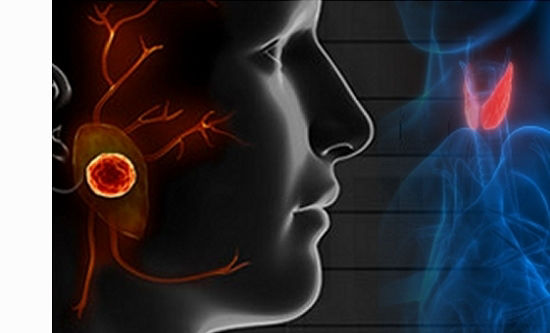
After finally graduating in oral and maxillofacial surgery, they usually pursue further fellowship training programs, typically 1 – 2 years in length, in the following areas:
© Copyright 2021/26 N Kalavrezos
London Head & Neck Ltd

Drag and Drop Website Builder
Nick Kalavrezos Prescence on Other Websites
(links open new windows)
University College London Hospital
Topdoctors.
The Harley Street Clinic
The London Sarcoma Service
The Princess Grace Hospital
The London Clinic
BUPA profile
Royal Free Hospital
NHS Base at UCLH NHS Foundation Trust